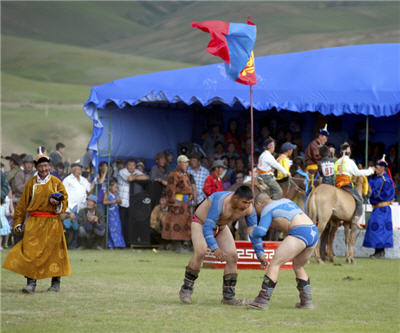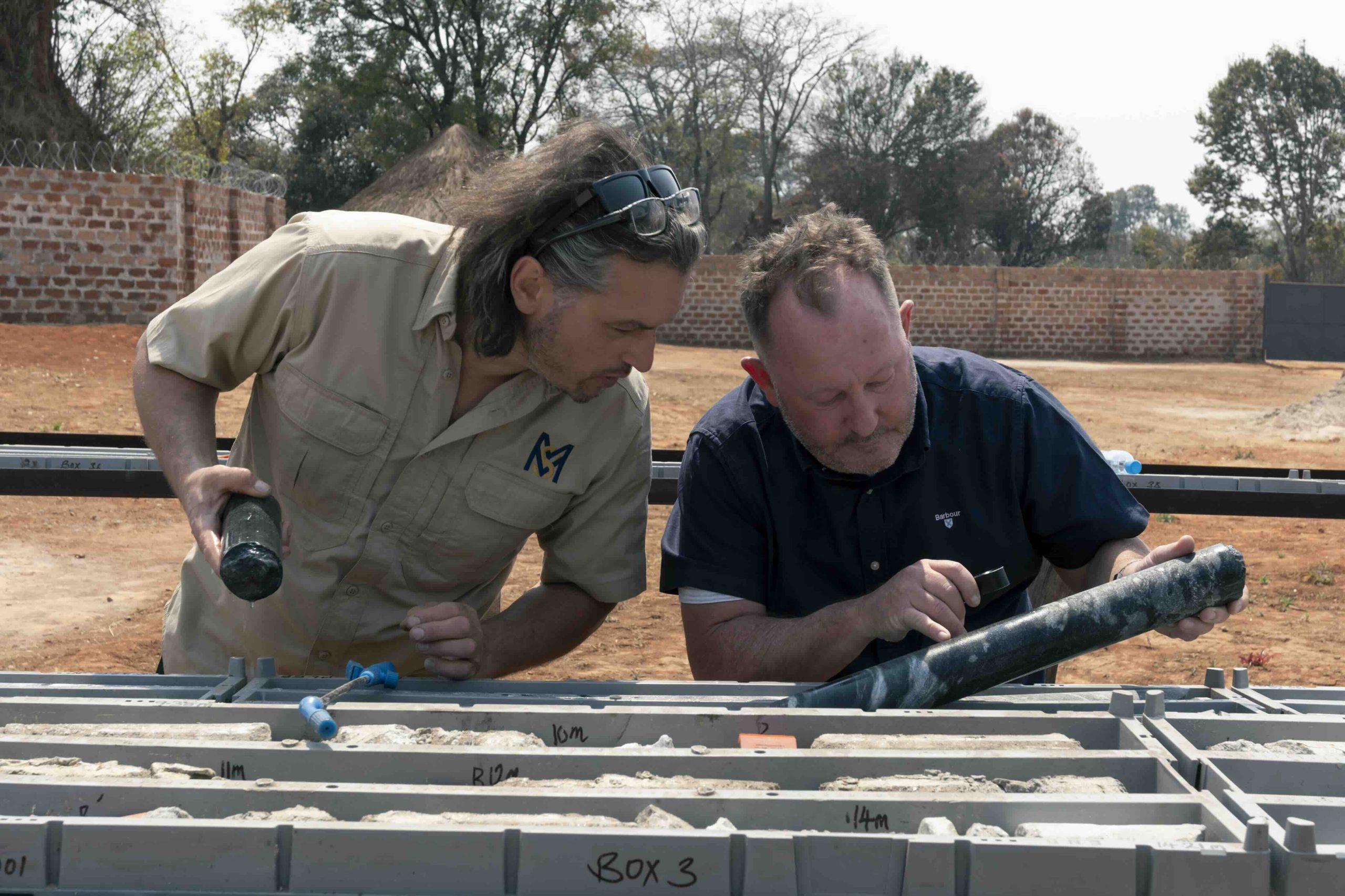Mongolia kingmaker: ‘Fix’ Oyu Tolgoi ‘shadow masters’ and ‘scare to death’ Tavan Tolgoi oligarchs

The Financial Times’ Beyondbrics blog analyzes last month’s Mongolian elections and finds the most likely outcome of coalition talks to be a marriage of the Democratic Party and a splinter group of the former majority party called the Mongolian People’s Revolutionary Party.
The Democratic Party which campaigned on sharing more of the spoils of mining with Mongolian citizens won the majority of seats and the MPRP is led by a former president of Mongolia Nambaryn Enkhbayar.
The paper has some dire news for foreign miners operating in the Asian nation of three million people:
Analyst Dale Choi of Frontier Securities says that this arrangement, if finalised in coming weeks, has the potential to give a lot of power to politicians who lean towards resource nationalism. He writes in a recent client note that “Enkhbayar is well known to analysts as a larger than life father figure behind radical resource nationalism, such as demands for revision of the Oyu Tolgoi Investment Agreement.”
Choi also cited the MPRP Facebook page, which included the following (Choi’s translation):
When we tell them (authorities) to fix Oyu Tolgoi agreement, their foreign partners pressure them from behind and authorities who are in their pawn fulfill instructions of their “shadow masters” and defend with life Oyutolgoi agreement that is not beneficial to Mongolia. When we tell them give 100% [Tavan Tolgoi] to people as TT agreement is common riches of Mongolia, few oligarchs who are getting filthy rich from this deposit are scared to death.
Statements like these must worry world number two miner Rio Tinto and its majority-owned partner on Oyu Tolgoi, Ivanhoe Mines.
Oyu Tolgoi near the Chinese border is one of the biggest mining projects in the world with a final bill that could reach as much as $13 billion.
Mongolia has long coveted a a bigger slice of the massive Oyu Tolgoi copper and gold project that is nearing completion and is scheduled for production early next year.
Ivanhoe, which is changing its name to Turquoise Hill Resources, holds 66% of Oyu Tolgoi and Mongolia’s government the rest. In October Ivanhoe and Rio dodged a bullet when the Mongolian government said it was rethinking the 2009 deal and that it wanted to own half the mine.
Ivanhoe shares plunged on the news, but the firm took a tough stance and after some desperate negotiations Mongolia backed off.
This time around it may be more difficult to resist renegotiating the terms of the deal and the stock has never really recovered from the scare. Ivanhoe has lost 10% since the Mongolian poll and is down two-thirds over the past year.
Ivanhoe also holds 58% interest in Mongolian coal miner SouthGobi Resources (TSX:SGQ) which was forced to idle its Ovoot Tolgoi mine recently and on Wednesday filed a notification of dispute with the authorities over a takeover bid by a Chinese firm.
Calls for much more forceful resource nationalism is also bad news for investors from Asia and the US that are lining up to develop Tavan Tolgoi in the South Gobi desert, the world’s largest high-quality coking coal deposit used in steelmaking.
In March Mongolia stopped all talks with international miners on developing the western Tsankhi block of Tavan Tolgoi which on its own holds 1.2 billion tonnes after a shambolic bidding process that stretches back as far as 2007.
Mongolia is walking a diplomatic tightrope with Tavan Tolgoi. Aside from from closer ties with China it wants to use the project to strengthen its longtime political and cultural links with Russia and at the same time make room for the US as a geopolitical balancer in Asia.
Mongolia’s National Security Council rejected a development deal struck with US giant Peabody Energy, Shenhua and a Russian-Mongolian consortium mid-September 2011, just two months after they were announced as winners. At the time losing bidders from Brazil, India and South Korea raised serious concerns and Japan went so far as to call the bidding process ‘extremely regrettable’.
Mongolia also still hopes to privatize its Erdenes Tavan Tolgoi coal-mining company which controls the remainder of the 6 billion tonne resource.
{{ commodity.name }}
{{ post.title }}
{{ post.date }}




Comments